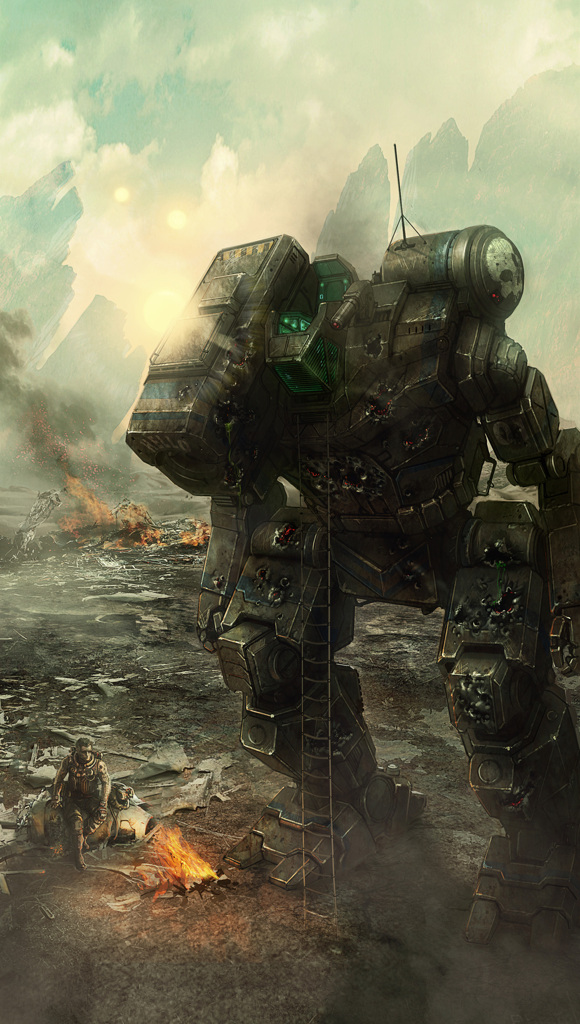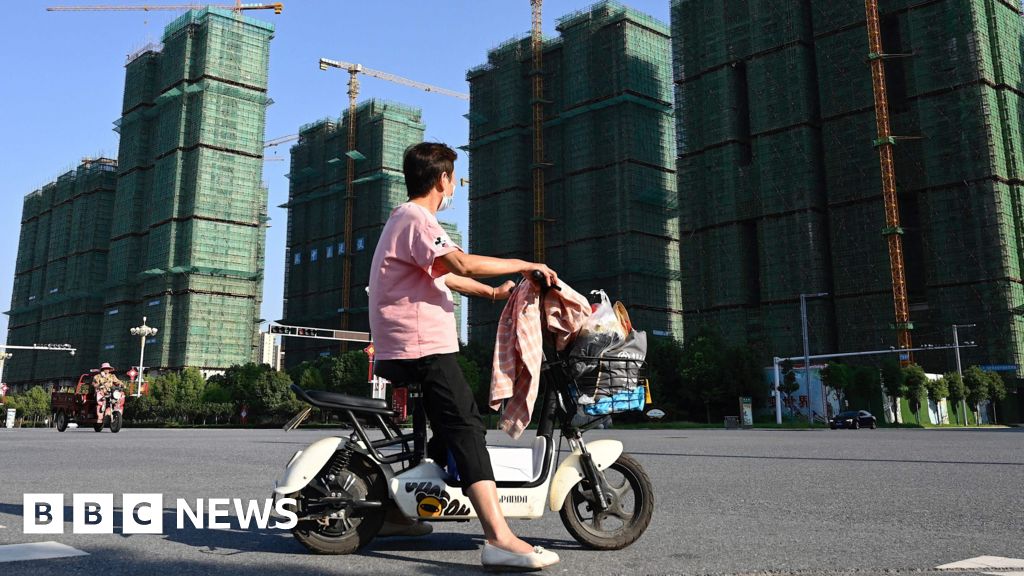- cross-posted to:
- world@lemmy.world
- cross-posted to:
- world@lemmy.world
Chinese property giant Evergrande’s shares were taken off the Hong Kong stock market on Monday after more than a decade and a half of trading.
It marks a grim milestone for what was once China’s biggest real estate firm, with a stock market valuation of more than $50bn (£37.1bn). That was before its spectacular collapse under the weight of the huge debts that had powered its meteoric rise.
Experts say the delisting was both inevitable and final.
“Once delisted, there is no coming back,” says Dan Wang, China director at political risk consultancy Eurasia Group.
Evergrande is now best-known for its part in a crisis that has for years dragged on the world’s second-largest economy.



No, they don’t. Meteorites fall to the ground while vaporizing themselves. Like Evergrande it seems.
Edit: @Hugin@lemmy.world made a good point. It actually does make sense of you say meteoric rise, which they did.
meteor means things high in the sky. from Greek ta meteōra “the celestial phenomena, things in heaven above,” plural of meteōron, literally “thing high up,”
But do they rise?
meteoric rise means to rise high in the sky. Meteorologist to study things high in the sky. Meteor thing in the sky.
Meteoric rise doesn’t reference the rock falling from the sky. They have the same root word meaning high in the sky.
Ooooh! They didn’t write meteoritic but meteoric.
You are right. Thanks for the explanation.
if they considered “ejecta” rising after the metorite crashes and sends material into space.
Hmm.:)
the rise caused by a meteor, only to fall and burning at the same time, before the crash.